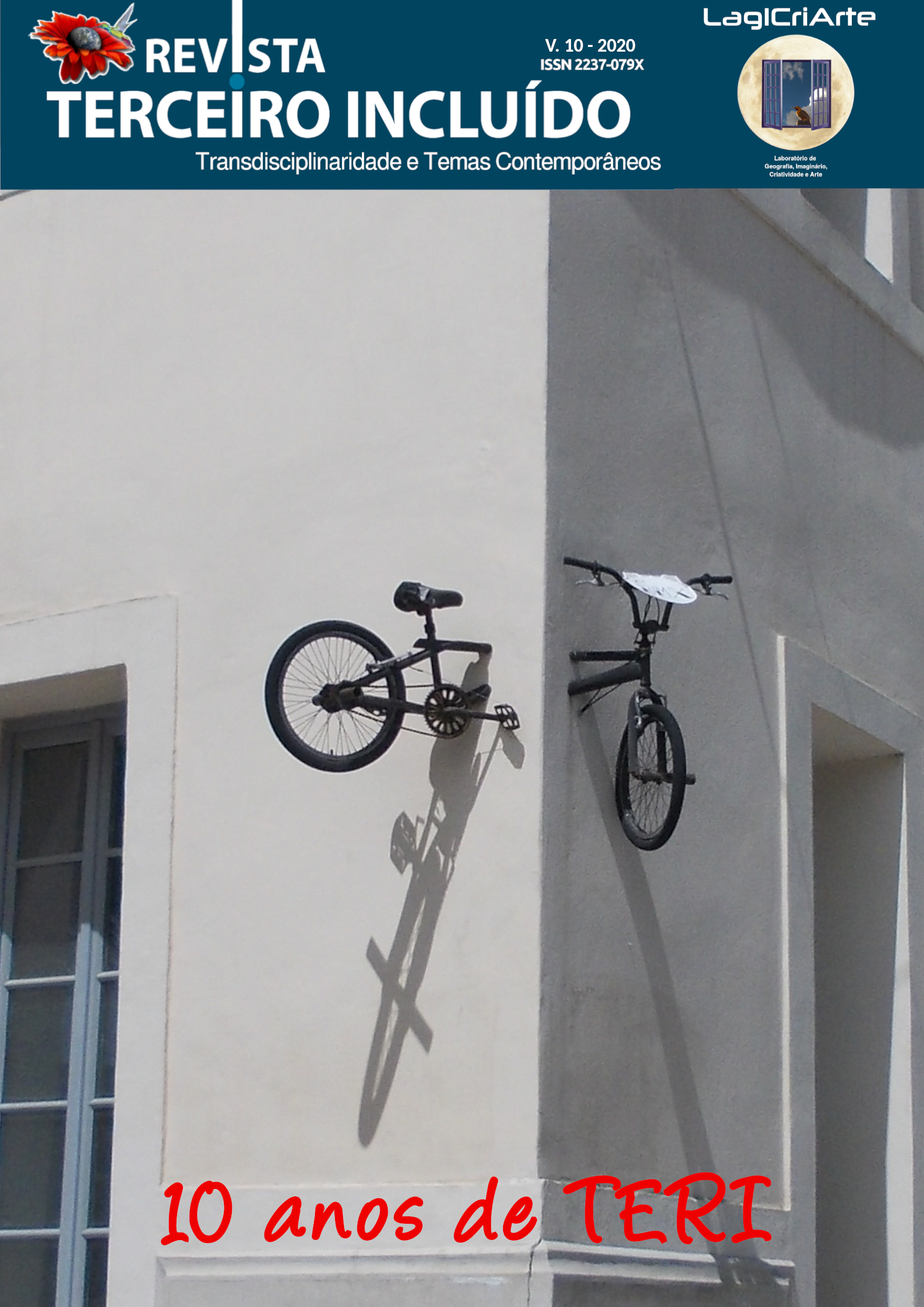THE BRAZILIAN POLITICAL SCENARIO AND THE POLARIZATION OF RECENT TIMES.
DOI:
https://doi.org/10.5216/teri.v10i1.65498Keywords:
Ideology; Polarization; Psychology; Technology.Abstract
The reflection presented in this article is the result of a bibliographic study and aims to provide the reader with reflections about political polarization in Brazil, but at the same time to signal that the context is broader, of a global character. References help contrast facts and realities based on sociology, complemented by other references. It is an analysis that, even in the superficiality of the historical context, has unique importance to help the reader who is in search of a critical reasoning about the reality lived in the country in recent times. The study goes through moments in history, of control, but also of social reactions. Although it does not enter into the specificity of the theme, the study is used as references with approaches at different times in history. In addition to the social and anthropological origin of the Brazilian, he speaks in the structural and evolutionary system of the nation, in the polarization of recent times capable of involving, on the one hand, an elite that speaks of democracy, but seeks the privatization of the State, the extermination of social actions and the concentration of wealth for a minority, on the other, social segments and left-wing parties in defense of democracy and social actions, in addition to the preservation and protection of the State. Even if it did not enter into the merits of the controversial issue, the study wanted to serve as a provocation to reflection. Another evidence in the article that deserves attention is the proposal of reflections, valorization and care with the arrival of technology and its challenges for both poles. Technological achievements may represent benefit, resource and/or commitment, a support to the ideological polarization mentioned, but may provide questions and manipulations around the reality of the entire history of the country. Finally, it is suggested that the reader seeks to understand the historical and social dimension of the country to improve their understanding around the social and psychological behavior of the Brazilian citizen. The moment of uncertainty with the pandemic (Covid 19) in this year 2020 can foster a reflection and a new social paradigm, bring people closer together and direct them to a more relevant behavior change, in defense of the social, the human.
Downloads
References
CORTELLA, M. S. Viver em paz para morrer em paz: se você não existisse, que falta faria (interrogação). São Paulo: Planeta, 2017.
CARDOSO, F. H. Casa Grande & Senzala: formação da família brasileira sob o regime da economia patriarcal. 48ª ed. Ver.- São Paulo: Global, 2003. Disponível em < https://docs.google.com/file/d/0B46vjiRI8hGuQzF2Y3hrSGVfRkk/edit > Acesso em 29/09/2020.
DOWBOR, L. A era do capital improdutivo: Por que oito famílias têm mais riqueza do que a metade da população do mundo? Autonomia Literária. São Paulo, 2017.
_________, L. O capitalismo se desloca: novas arquiteturas saciais. Edições Sesc: São Paulo, 2020.
DUSSEL, H. Ética Comunitária: Liberta o pobre. Tradução de Jaime Clasen. Vozes. Petróplolis, Rio de Janeiro, 1986.
FREIRE, P. Pedagogia do Oprimido. 42. ed. Rio de Janeiro: Paz e Terra, 2005.
______, P. Pedagogia da Autonomia. Paz e Terra, 2004.
FREYRE, G. SOBRADOS E MUCAMBOS. SÃO PAULO: GLOBAL, 2004.
GRYNSZPAN, M. Ciências políticas e trajetórias sociais: uma sociologia histórica da teoria das elites. FGV: Rio de Janeiro, 1999.
KEMP, J. Pai inteligente influencia o filho adolescente – Se você não fizer, alguém o fará. Rio de Janeiro: Graça, 2017.
RIBEIRO, D. O Povo Brasileiro. A Formação e o sentido do Brasil. São Paulo: Companhia das letras, 1995.
SOUZA, A. I. Paulo Freire. Vida e Obra. São Paulo: Expressão Popular, 2001.
SOUZA, J. A Elite do Atraso: da escravidão à Lava-Jato. Rio de Janeiro: Leya, 2017.
______, Jessé. Subcidadania brasileira. Para entender o país além do jeitinho brasileiro. Rio de Janeiro: Rio de Janeiro, 2018.











